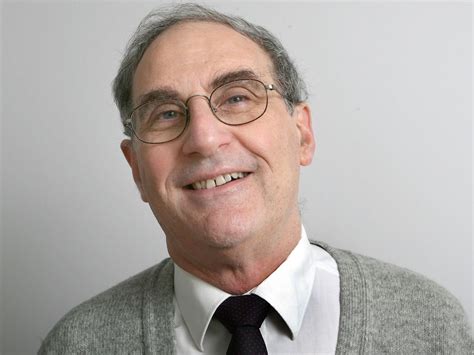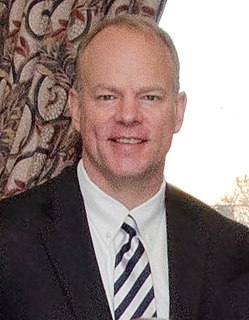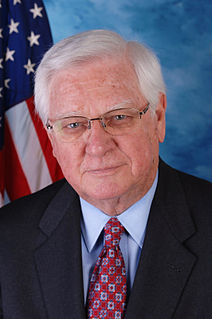Цитата Ральфа Уолдо Эмерсона
Уголь лежал в уступах под землей со времен Потопа, пока рабочий с киркой и лебедкой не вынес его на поверхность. Мы вполне можем назвать это черными бриллиантами. Каждая корзина — это сила и цивилизация. Ибо уголь - переносной климат.
Связанные цитаты
Уголь — это портативный климат. Он несет жару тропиков на Лабрадор и за полярный круг; и это средство транспортировки себя, куда бы она ни понадобилась. Уотт и Стефенсон шептали на ухо человечеству свой секрет, что полунции угля потянет две тонны на милю, а уголь перевозит уголь по железной дороге и по воде, чтобы сделать Канаду такой же теплой, как Калькутта, и с ее комфортом приносит его промышленная мощь.
Промышленный комплекс по изменению климата проповедует, что США должны прекратить использовать уголь, чтобы спасти планету. Но даже если США сократят собственную добычу угля до нуля, Китай и Индия строят сотни угольных электростанций. Приостанавливая добычу угля в США, мы просто переводим рабочие места из США.
Мы не можем продолжать сжигать уголь на наших электростанциях. Уголь также является исчерпаемым ресурсом. Мы должны найти альтернативы, и лучше найти альтернативы раньше, чем ждать, пока у нас кончится уголь, а тем временем выпустить в атмосферу бог знает сколько триллионов тонн СО2, которые раньше были захоронены под землей.
Раньше уголь был очень грязным топливом, но с течением времени уголь становился все чище и чище. Чистый уголь сейчас достаточно чистый. Чистый уголь теперь имеет тот же профиль выбросов, что и природный газ. Чистый уголь может стать еще чище. Мы можем извлечь из угля еще больше загрязняющих веществ, и я считаю, что должны. Я думаю, что чистый уголь является непосредственным ответом на энергетические потребности Канады и мировых энергетических потребностей. Есть запасы угля на сотни лет. Мы не должны растрачивать этот ресурс. Мы должны использовать его с осторожностью.
Позволить лучшему быть врагом хорошего — одна из причин, по которой наша инфраструктура зависит от угля, что в результате оказывает воздействие на окружающую среду, которое мы все можем видеть. Я подозреваю, что защитники окружающей среды из-за своего противодействия атомной энергетике построили больше угольных электростанций, чем кто-либо другой. И эти угольные электростанции выбросили из угля больше радиоактивных материалов, чем любая ядерная авария.






































